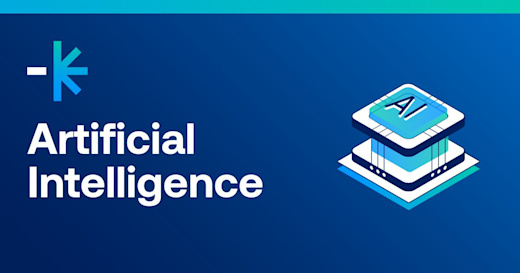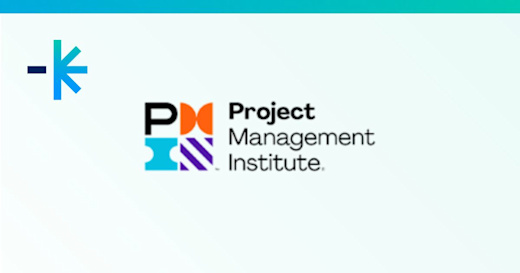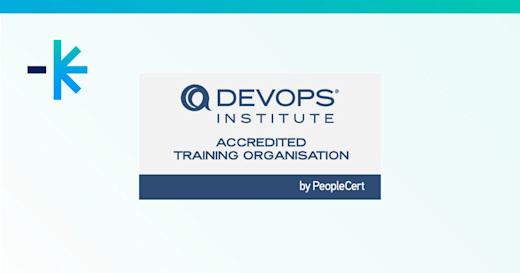"How do I protect our business and our customers from cyber-attacks?"
With the recent major data breaches, many small business owners and teams wonder about cyber security. Many ask about what is required when it comes to data privacy.
Flexible cyber security training for small businesses (along with courses on cloud computing and project management) can equip you and your team with the skills to protect from cyber threats, meet data privacy obligations and keep projects on track. Small to medium businesses (SMBs) can also apply for small business grants for training from the Federal Government.
Data Privacy and Cyber Security for Small Businesses
On top of the ballooning costs to operate a small to medium business, there is the looming possibility of fines and harm to individuals brought on by data breaches and cyber-attacks.
According to the Office of the Australian Information Commissioner (OAIC), regardless of revenue, the Privacy Act applies to any business that is:
a health service provider
trading in personal information
a contractor that provides services under a Commonwealth contract
an operator of a residential tenancy database
a credit reporting body
a reporting entity for the Anti-Money Laundering and Counter-Terrorism Financing Act 2006
an employee association recognised under the Fair Work (Registered Organisations) Act 2009
a business that conducts protection action ballots
a company accredited under the Consumer Data Rights system
related to a business covered by the Privacy Act
a business prescribed by the Privacy Regulation 2013
a business that has opted to be covered by the Privacy Act
If the Privacy Act covers your small business, you must be mindful of and comply with the Australian Privacy Principles (APPs). Compliance does not prevent you from handling personal information but provides rules and processes for them.
In the case of a breach, understand that people have the right to complain and the OAIC can investigate, conciliate and make decisions on the matter.
Legal expert and small business owner Steven Brown also shares best practices for handling customers' personal information:
Notify a person when you collect their personal information.
Only use personal data for the purpose specified.
Only use personal information for marketing with customers' permissions.
Enable people to access their personal information.
Update a person’s personal information.
Securely store personal information.
Discard personal information when no longer needed, as in when they are no longer a customer.
Inform relevant agencies and individuals in case of a breach.
Cyber Security Training for Small Business
Lumify Work has put together self-paced and drop-in options for cyber security training for small business. You can also access cloud computing and project management training in similar modalities.
Our security awareness training for small businesses helps educate every member of your organisation on protecting your business from external cyber threats. Courses include:
End-user security awareness training so your team are aware of potential cyber threats and can establish processes that comply with the Privacy Act.
Foundational cyber security certification training so your identified team member can get started with their cyber career track and advance as the company expands.
With cloud computing training, you can learn how to leverage the cloud to grow faster, increase efficiencies and scale your company to the next level.
And you can develop your team’s project management capability to improve business results and deliver projects better, faster, and cheaper by implementing best practice project management processes.
Flexible solutions for small business cyber security training
For leaner organisations, signing up for Information and Communications technology (ICT) and cyber security training means taking time out of work and dipping into your limited budget.
We hear you! So, we designed flexible training delivery options, including self-paced programs and drop-in sessions. They balance taking time out of work with supporting employees' cyber awareness and career progression.
Self-paced learning offers introductory materials that you can study on your own. They include technical instructor recordings, course content and interactive exercises. This type of delivery allows students to learn at their own pace, return to material where needed and reinforce concepts.
'Drop-in' sessions address the needs of learners who prefer self-paced study but with the added benefit of an expert instructor who can guide them. Students can study the materials independently and then book a time with an instructor to discuss your specific questions. Students can email their questions beforehand to the instructor to maximise the use of the session. Trainers deliver these sessions remotely. Drop-in sessions come in blocks of 45 minutes each.
The Small Business Skills and Training Boost
Small business training budgets are often limited. But if equipping your team with the skills and tools to create and maintain cyber security systems is crucial to you, you can find some support from the Federal Government.
The Small Business Technology Investment Boost and Small Business Skills and Training Boost by the Federal Government offer small business grants for employee training to make up for your expenses.
According to the Australian Taxation Office (ATO), small businesses can get an additional 20 per cent off from expenses that support their digital adoption, such as portable payment devices, cyber security systems or subscriptions to cloud-based services.
For the new Small Business Skills and Training Boost, there is an annual $100,000 cap on expenditures for each qualifying income year.
Small businesses can find support under existing laws for related training and upgrades beyond these.
Small businesses can continue to deduct expenditure ineligible for the bonus deduction under existing tax law.
Businesses can also continue to deduct expenditures beyond the $100,000 cap under existing law.
This measure is for business expenses incurred in the period beginning from 7:30 pm AEDT 29 March 2022 until 30 June 2023.
A Good Defence is the Best Offence
Gain compliance, peace of mind, increased productivity and team happiness with small business training courses.
Lumify Work’s small business courses for cyber security, cloud computing and project management are available across Perth, Brisbane, Sydney, Melbourne, Adelaide, and Canberra. You can contact us about our customised training requirements for small businesses.
Download our eBook on grants for small businesses and training options.










